Link to WSJ article
Our complete interview below.
WSJ: Why are you against offshore drilling in the Croatian part of the Adriatic Sea?
These plans would seriously damage the environment and the people that live in the region, by polluting the air and water, polluting the fish stocks of the Adriatic, and negatively affecting the livelihood of all people in the tourism industry throughout Croatia, in addition to those sectors that benefit from travelers and businesses that come to Croatia because of its natural environment.
The many years of investment in tourism and its long history of success is based on the natural beauty of Croatia, and its shining success is anchored by the clean Adriatic Sea. Creating more industrial development in a region that is heralded as a world gem by most visitors, is completely head-scratching. The negative impact that would occur to the average Croatian, which is a large portion of the population, would be considerable versus any of the empty promises of economic benefit.
WSJ: Are you against drilling of both gas or crude oil?
CASA is completely against both natural gas and crude oil exploration and exploitation in the Adriatic Sea. As Nenad Duplancic recently presented concisely to the EU conference, "Don't fossilize yourself!"; oil exploration and gas exploration are essentially the same. The drilling rigs that are used are the same and there is no difference regarding impacts on the environment.
Similarly, there is also a serious misconception that the exploration phase is safe in comparison to the production phase of offshore drilling. This is incorrect. The exploration phase is just as destructive, as all the drilling fluids with toxic metals that are brought up from the sea floor are generally dumped directly into the ocean.
Needless to say this is unsafe for both marine animals and humans. This does not even take into account the natural seepage of toxic gases around the well, for the duration of its existence. Tests have found unsafe levels of mercury concentration in the vicinity of offshore drilling rigs. This mercury ends up inside the fish that congregate near oil rigs, further expanding the damage by creating a human food chain problem. This only begins to describe the many impacts. There is also the issues of migratory route disruption (birds and fish), flaring from rigs that causes air pollution from black carbon, and risky pipelines that must be built to onshore facilities.
Perhaps the most disturbing of all is the complete lack of infrastructure to protect offshore rigs and the marine environment in case of a disaster. Even the most advanced countries in offshore drilling with multi-million dollar contingency plans, clean-up vessels, and personnel have not been able to protect their waters from offshore drilling disasters. Then, how is Croatia prepared to do so? Croatia is far from prepared to carry out large scale drilling operations of their sea.
We are currently shining a light on the shockingly flawed process of bid acceptance prior to any environmental assessment, and call on the oil and gas drilling plans to be stopped immediately to account for transparency and common sense.

